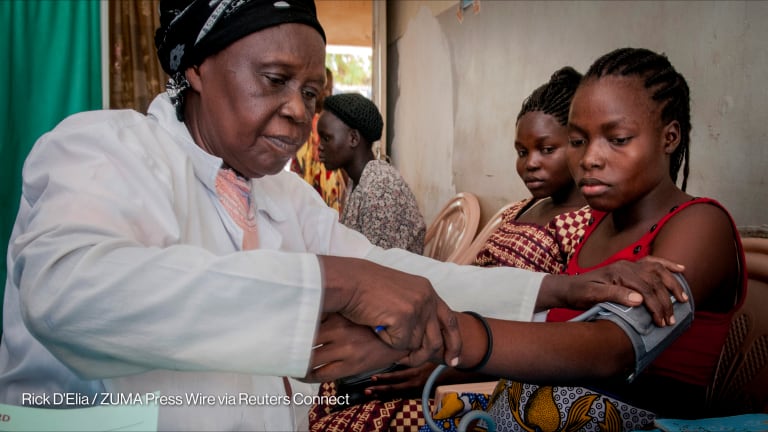Communities worldwide are facing devastating challenges due to the recent international funding cuts. These have had a profound impact on the health sector and pose a serious risk to global health security.
Yet, unilateral funding cuts that ignore on-the-ground realities are exactly the wrong approach to development at a time of growing health threats. The COVID-19 pandemic underscored a critical lesson: Weak health systems in one part of the world are a danger to the health of all globally. Sustaining strong funding levels — even as we work to build resilient, diversified, and sustainable systems that will enable low- and middle-income countries to continue their hard-won progress against infectious diseases long after donor support has ended — rests squarely on the shoulders of all of us in the global community.
For Africa, the urgent need to save lives while preventing future pandemics is a compelling reason for leaders to focus on domestic resource mobilization, diversification, and investment in pandemic preparedness and response, supporting efforts to end infectious diseases while strengthening global health security.








